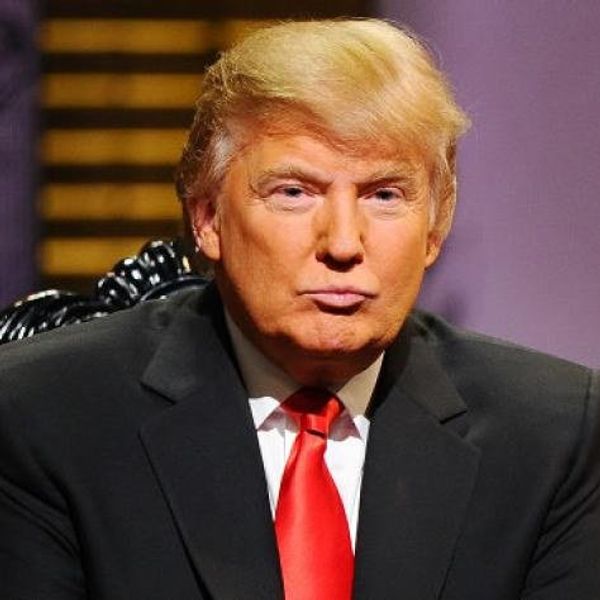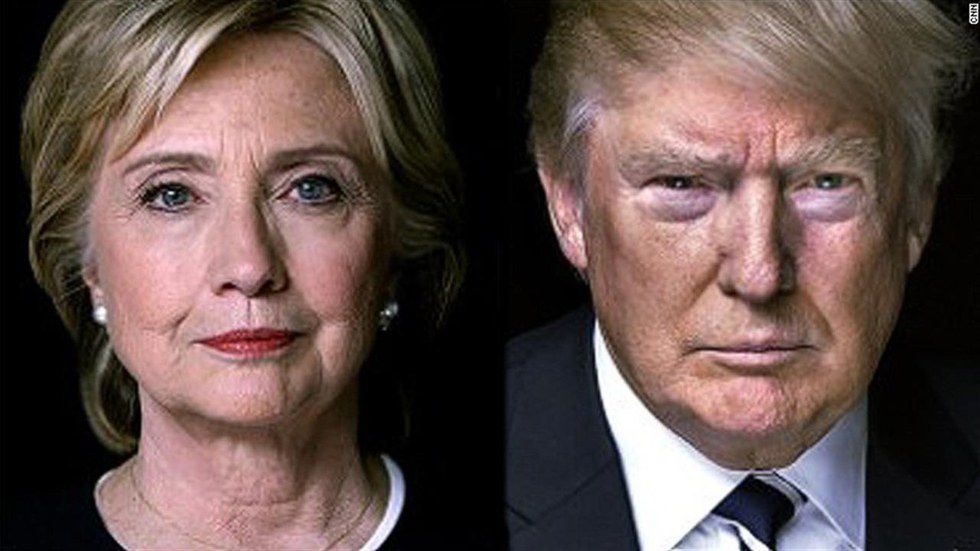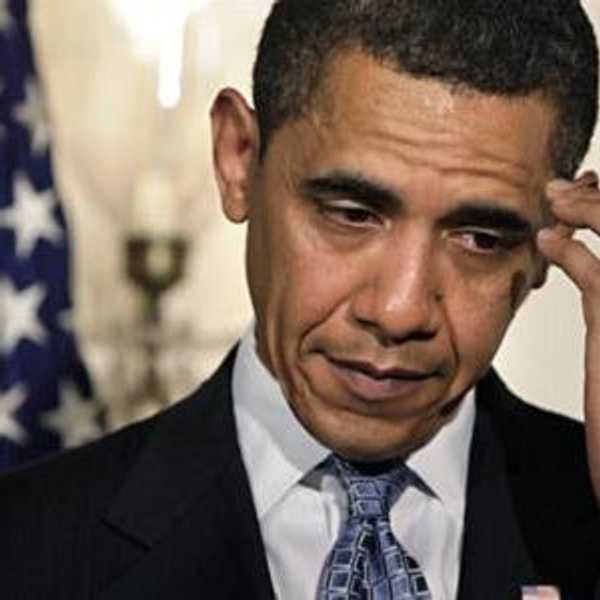I'm sure you've heard of the Republican Presidential nominee, Donald Trump, and all of his wild and distinctive ideas for the presidency. Some of you may hate him, and some of you may love him. Whether you're on his side or not, I'm sure you may be curious as to why he has received so much attention—applause, and boos alike. I was genuinely curious as well. How did he become such a phenomenon? Was it his suggestions for federal policies, his like-it-or-leave attitude, his enthusiasm for America, yet disdain for the individuals within it, his claims against other adversaries, or something else? He has a lot of contradictory ideas, and it has impassioned much of the public and media. There are doubts from some as to his competency to be the chief executive of the United States but there is also hope from others that a new kind of leader can help the country as the other politicians cannot.
I wanted to gain some insight about why people are raving about him, so I interviewed an average American college student. The person I talked with is thinking about voting for Donald Trump. I asked him why he thought Trump would be a good president, and he is optimistic in the hope that we should give Trump a chance to lead the country in a financially responsible way because of his background in business—despite having no experience in politics or political leadership. He paralleled the rise of Trump and his potential to that of Ronald Reagan, who is generally thought of as a successful president, because of his supply-side economic policies after the horrendous presidency of Jimmy Carter before him. Reagan started as a well-liked Hollywood actor and union leader before garnering enough support to become a governor of California and eventually the 40th president of the United States. Even though their leadership style is vastly different and their policy pushes are not similar, many people have thought that Trump's non-political background but conservative leanings can give his administration the direction that would improve America's economy and safety. Even though many of his supporters disagree with much of Trump's stances on individual issues, they are willing to overlook that to share in his broader vision to "Make America Great Again."
The following are excerpts from my interview with a Trump supporter. Some of the answers are paraphrased for sake of the article's length.
Interviewer: What made you start to consider Trump as a serious presidential candidate?
Trump supporter: "Other people were actually starting to support him and back him. Because at first, everyone thought it was a joke...it would be funny. But then he was starting to get recognition as an actual candidate and people thought, whoa, this could actually happen. I was like, if he's serious about it, it could happen. I mostly heard about it through social media, a little on the news..."
Interviewer: What did you think of him?
T S: At first, I thought of Trump as a joke. He was there for amusement, there's no way he would actually become president. But recently, after talking to a friend's mom, I thought if he's serious about it, it could happen.
Interviewer: What do you say to those who do not see him as a serious candidate?
T S: "It may seem kind of scary, but if we're thinking about past presidents who haven't had any political background...If you look at Ronald Reagan who was someone who came in and was maybe one of the last good presidents we ever had...They bring something to the table that no one else with a political background had...and Trump could be a gamble, but things could go well, and really we're being brainwashed [by social media] that it could go bad, but really you just gotta think positive about it and see what happens."
Interviewer: Trump does not have experience with politics or how to work within a political sphere among other politicians. Do you think that will impede his progress of enacting his ideas that he's talked about during campaigning? And what do you think of his lack of experience with foreign policy and negotiation?
T S: "I don't think it will affect it because there will be a group of people to look at how he reacts to problems and other people will have an input too, not just him. They could also inform him of what would happen if he did this or that, and what could go wrong."
Interviewer: How will Trump's CEO background help him as President?
T S: "He's gonna look at the country as a business. He knows how to run a business. He knows money. If he can [apply that]..."
Interviewer: What are qualities that are important to you in the nation's president?
T S: "A president should be firm in beliefs."
When asked about Trump's various stances on specific issues such as immigration, gun control, civil rights, environmental protection, privatization of prisons, and more, the person I interviewed with generally had more moderate stances than his favorite Presidential candidate. He resolved to research more into what Trump's stances are and decide for himself how he feels about it and how that may affect his choices for the Presidential candidate.
Trump is not necessarily conservative, even though he is running with the Republican party. Many different political analysts disagree on what exactly his stances are and just how Republican he is. His current stances are different than his views historically and that has confused analyzers, but currently, his stances are generally moderate to conservative. Below are links to more comprehensive articles with categories of issues and Trump's stances on them.
In all, we agreed that the media can be biased so potential voters should take everything they hear with a grain of salt and look into each candidate and their stance on the issues for themselves so that they can make decisions as informed voters. Using a variety of different sources for research and forming your own opinions and beliefs of the issues and how far you're willing to compromise will help you feel more confident in your final choice this November. Neither candidate is perfect, but it's a choice of what is important to you as a United States citizen.
For the person I interviewed, what was important to him was Trump's uniqueness of having no filter and saying what was on his mind, because he has a transparency that gives off the impression that he has nothing to hide. His boldness in not being afraid to express what he believes in, although to many it is inflammatory and insensitive, is still something to be admired in a candidate who needs the backbone to be President. His business experience could transfer to help with the country's finances by finding ways to bring income through tariffs, give tax cuts to the wealthy, and other management of spending. Individual bias does not outweigh the perceived positives that Trump could bring to the table as a President in some people's eyes.






















